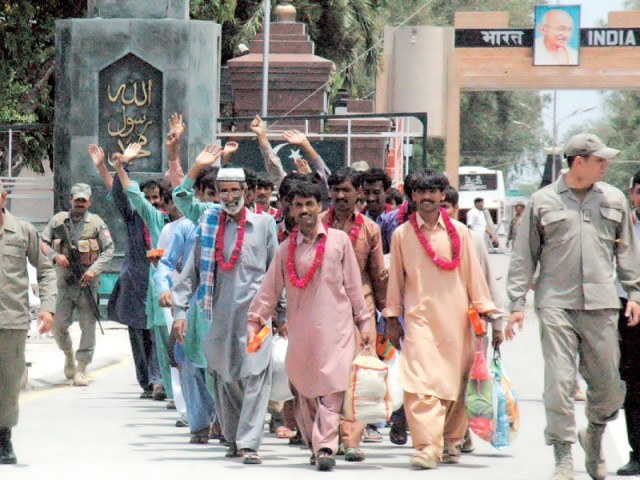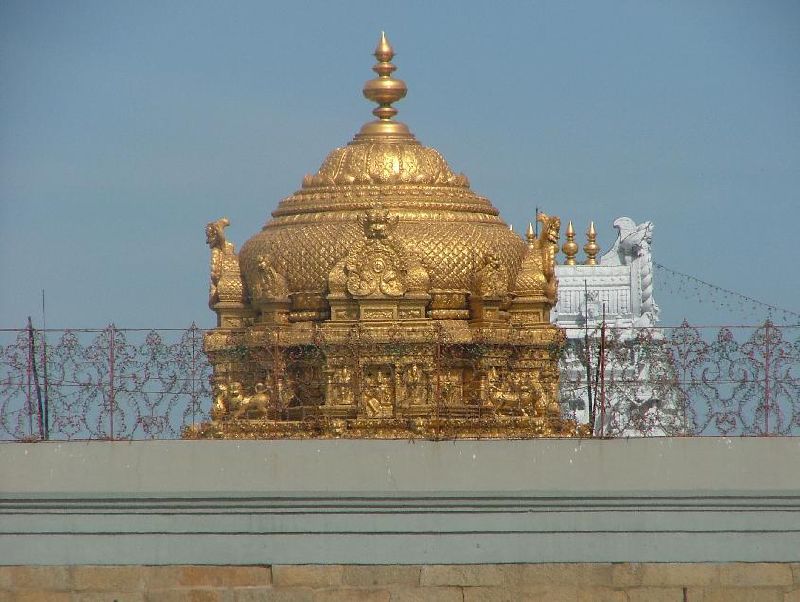Imprisoned Fisherman Released By India and Pakistan

In one of his first acts after being sworn in as India’s Prime Minister, Narendra Modi released 37 Pakistani prisoners, including 35 fisherman and 2 civilians. This announcement from New Dehli came after Pakistan Premier Nawaz Sharif ordered the release of 151 prisoners, including 150 fisherman and one civilian, and 57 boats.
These moves are largely a consequence of ongoing bilateral talks between India and Pakistan. This year marked the first time Pakistan’s prime minister attended the Indian inauguration since 1947. Although Modi took a tough stance against Pakistan in the election and even accused the government of sponsoring terrorism, he has met with Sharif several times and now advocates friendly relations.
Maritime trespassing has historically been a controversial issue between India and Pakistan. The delineation between Indian and Pakistani waters is unclear along the coastline of the Indian state of Gujarat and the Pakistani province of Sindh. There is no physical boundary to illustrate this split of the Arabian Sea and local fisherman lack the navigational tools to determine locations using longitude and latitude. To make matters worse, the border itself is disputed due to competing claims for the Sir Creek in Kutch.
These factors, combined with a history of hostile tensions between the countries, lead to hundreds of arrests on both sides of the border. The arrested fisherman are often treated as prisoners of war and denied trials. They are kept imprisoned for years, and obtaining their release is difficult due to rising tensions between the nations.
This release marks an important landmark in establishing cordial bilateral relations between India and Pakistan. While trespassing disputes are but a small part of a wide range of issues leaders need to address, small accomplishments can be used as stepping stones to conversations about terrorism and land conflicts.
[Image Attribute: INP/Tribune]



